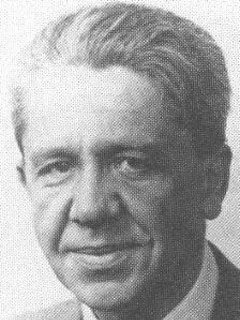
Publication details
Year: 2013
Pages: 179-197
Series: Human Studies
Full citation:
, "Science and life-world", Human Studies 36 (2), 2013, pp. 179-197.
Abstract
In this article I intend to explore the conception of science as it emerges from the work of Husserl, Schutz, and Garfinkel. By concentrating specifically on the issue of science, I attempt to show that Garfinkel's views on the relationship between science and the everyday world are much closer to Husserl's stance than to the Schutzian perspective. To this end, I explore Husserl's notion of science especially as it emerges in the Crisis of European Sciences, where he describes the failure of European science and again preaches for a return to the "things themselves". In this respect I interpret ethnomethodology's most recent program as an answer to that call originating from a sociological domain. I then argue that the Husserlian turn within ethnomethodology marks the split between Garfinkel and Schutz. In fact I try to show that Schutz's epistemological work is only partially inspired by phenomenology and that his conception of science retains a rationalist stance that ethnomethodology opposes. In the final section I briefly discuss Garfinkel's most recent program as a way of closing the gap between theory and experience by linking the topics of science to the radical experiential phenomena.
Cited authors
Publication details
Year: 2013
Pages: 179-197
Series: Human Studies
Full citation:
, "Science and life-world", Human Studies 36 (2), 2013, pp. 179-197.




